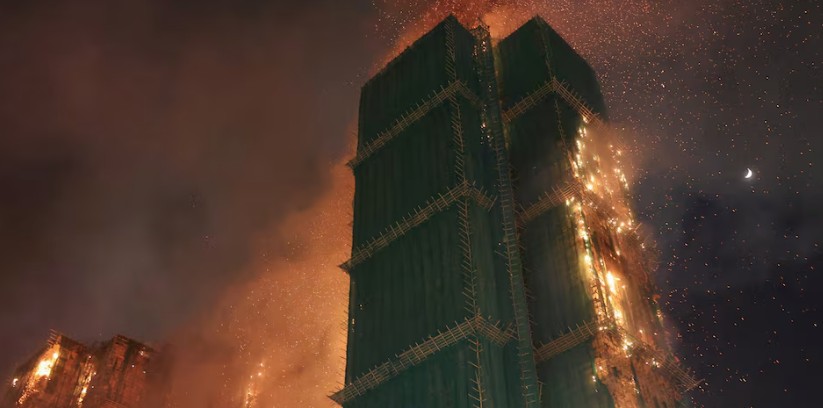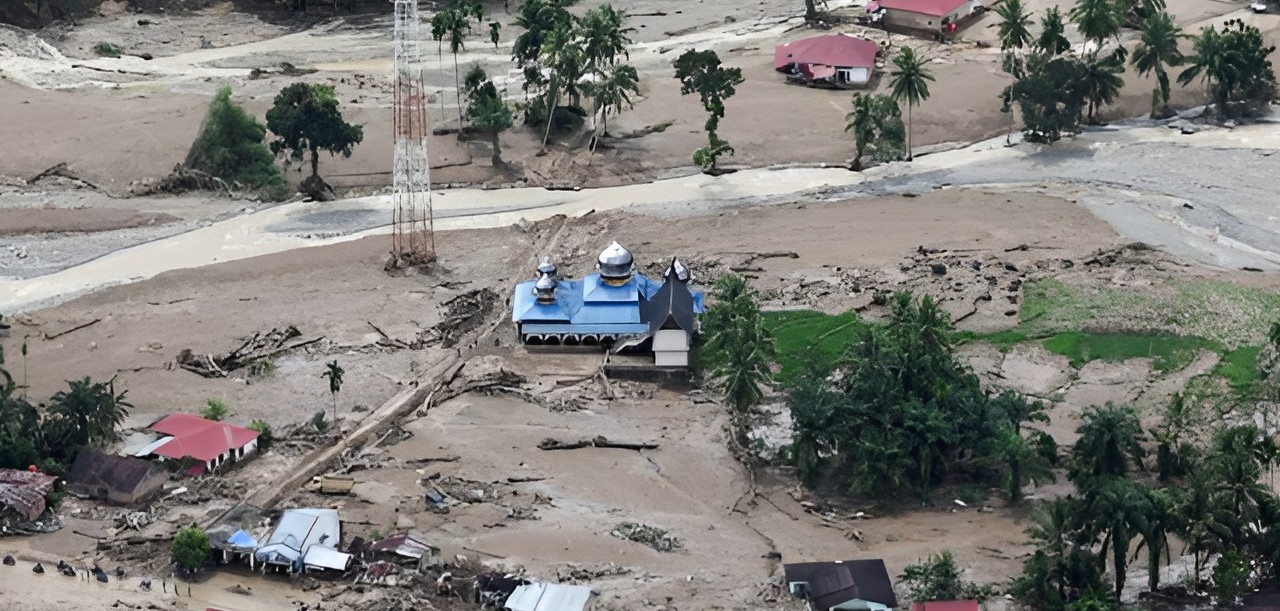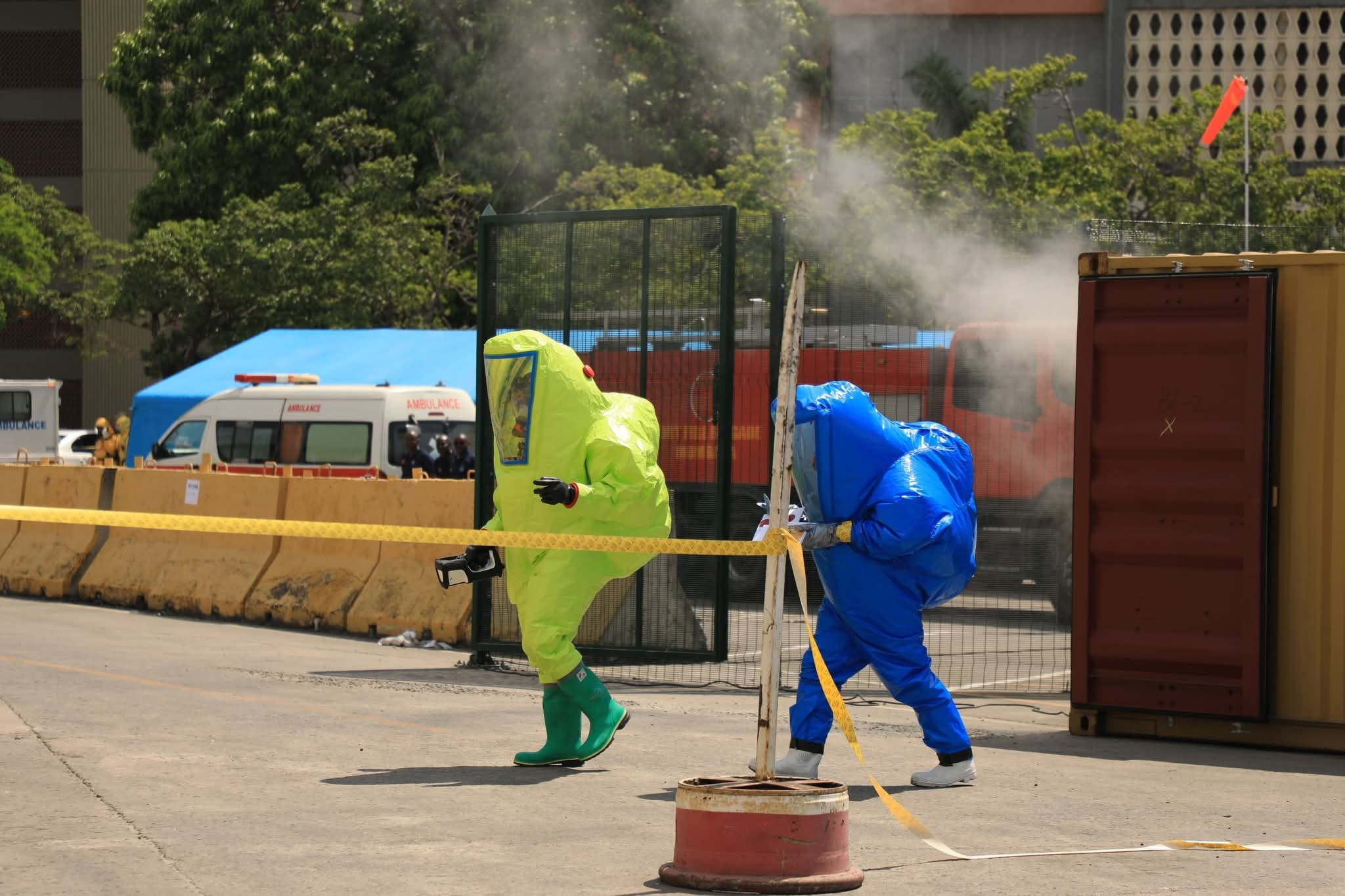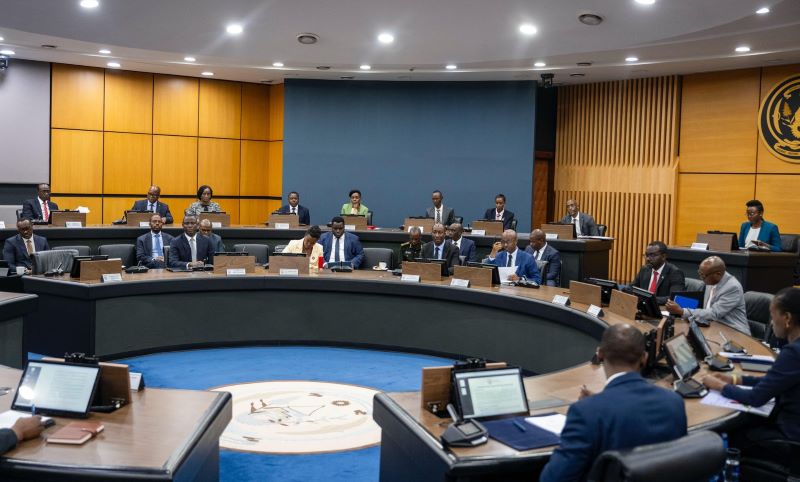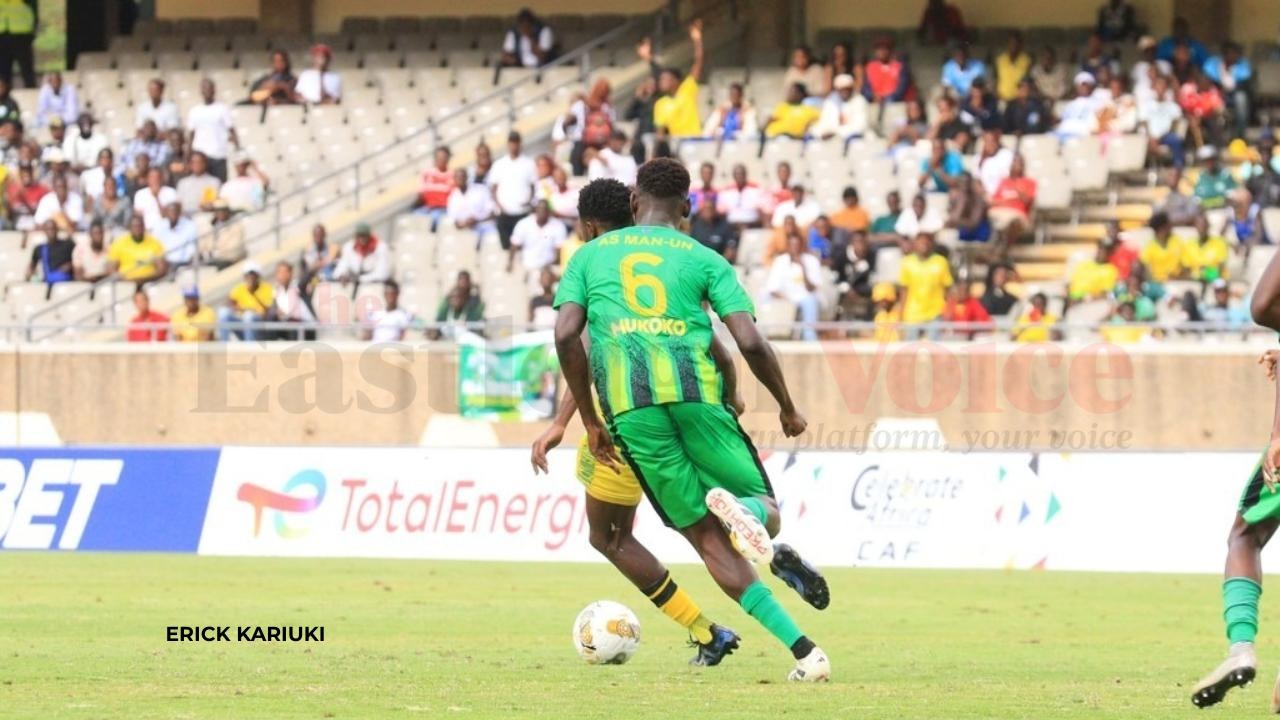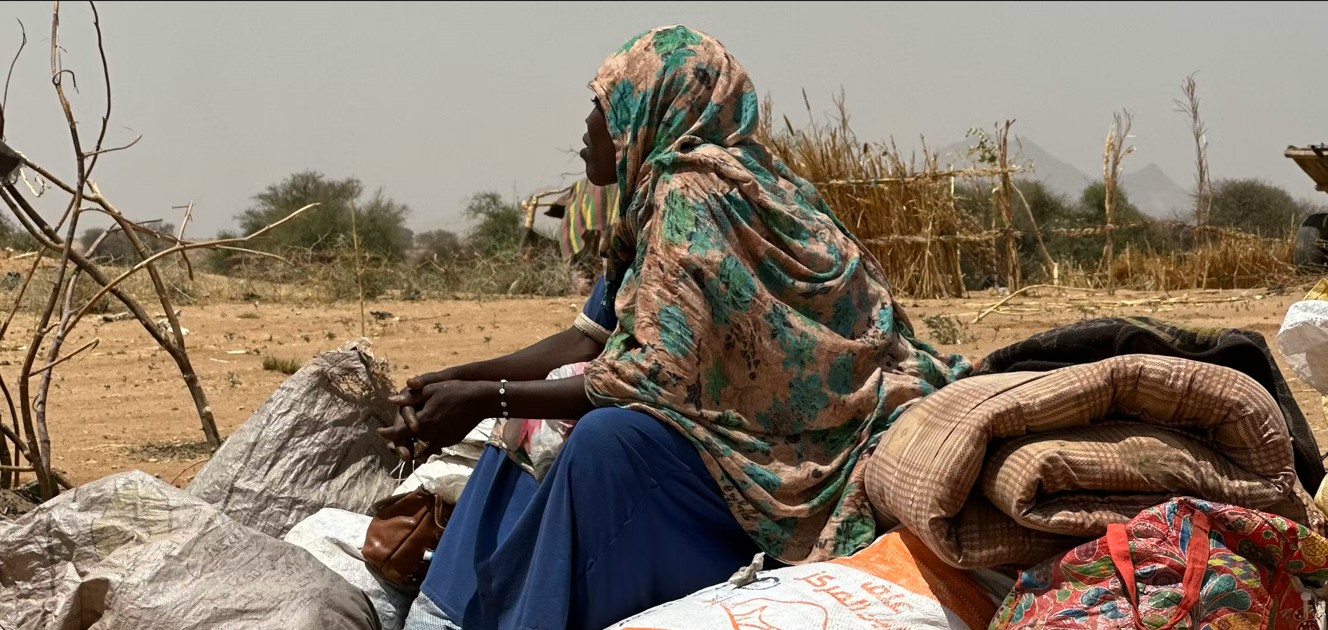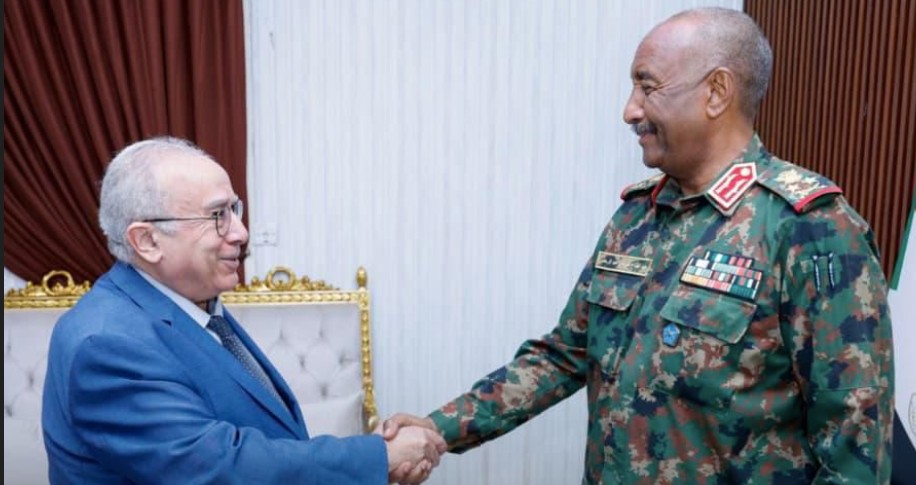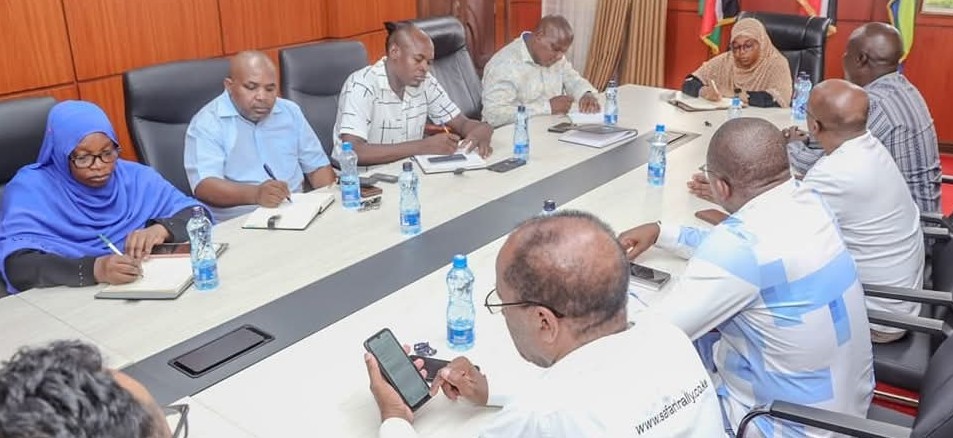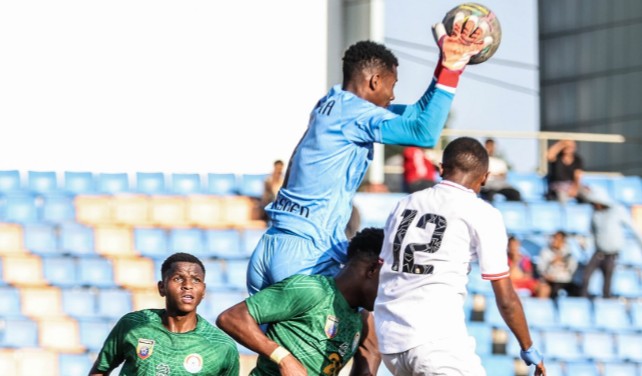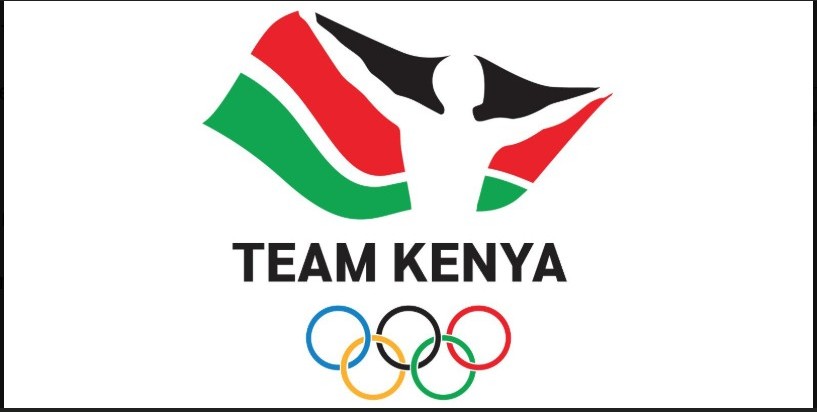M23 accuses DRC Government of attacks hours after Doha ceasefire monitoring deal
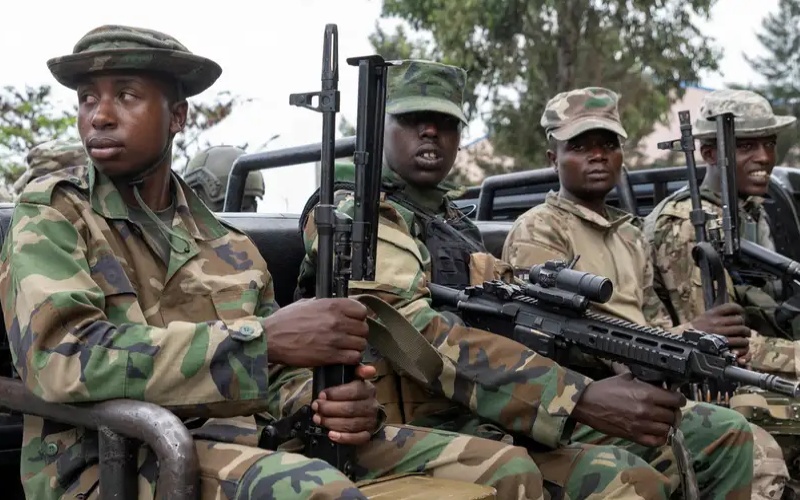
The attacks allegedly involved drones and Sukhoi-25 fighter jets, followed by coordinated ground assaults.
The M23 rebel group has accused the Congolese government of launching air and ground attacks in North and South Kivu provinces of eastern Congo, just hours after both sides signed a ceasefire monitoring and verification agreement in Doha, Qatar, on Tuesday, October 14, 2025.
In a statement released on Wednesday, October 15, the Alliance Fleuve Congo (AFC/M23) claimed that coalition forces of the Kinshasa government carried out heavy bombardments on densely populated areas and M23 positions in the Kadasomwa, Lumbishi, and Kasake areas. The attacks allegedly involved drones and Sukhoi-25 fighter jets, followed by coordinated ground assaults.
More To Read
- DR Congo, Rwanda leaders to sign peace deal in US
- M23 rebels hands over minors taken from conflict zones in North Kivu, DRC
- MONUSCO condemns ADF attacks that killed 89 civilians in North Kivu
- Rwanda, DR Congo talks move into ‘phase two’
- Goma airport can only be reopened by AFC/M23, say rebels
- DR Congo, M23 commit to ceasefire and humanitarian protocols with new peace deal
According to the group, civilians were among those killed in the strikes, worsening an already dire humanitarian situation in the eastern provinces.
"Just hours after the signing of the Ceasefire Monitoring and Verification Mechanism in Doha on Tuesday, October 14, 2025, the coalition forces of the Kinshasa regime launched heavy bombardments on densely populated areas and our positions in the South Kivu and North Kivu Provinces. These attacks involved the use of drones and Sukhoi-25 fighter jets. They were followed by coordinated ground assaults on several of our positions, mainly in Kadasomwa, Lumbishi, and Kasake," stated the M23.
"The human death toll of these intensified offensives continues to rise. Civilians are being deliberately targeted and killed in drone strikes, followed by infantry assaults. These actions are worsening an already critical humanitarian crisis."
The M23 accused the government of abandoning its commitment to the recently signed ceasefire oversight mechanism, which was established to monitor and verify compliance with a potential permanent ceasefire. The group called on observers of the mechanism, including the African Union, the State of Qatar, and the United States, to take note of what it described as “a flouting of the peace process.”
"This aggressive and deliberate action demonstrates to the world that the Kinshasa regime has chosen to abandon the peace process. By pursuing its warmongering agenda and openly disregarding calls from the international community and all partners, the Kinshasa regime has undermined the peaceful resolution of conflict in the DRC," said M23. "We hereby stand shoulder to shoulder with the civilian populations and reiterate our unbreakable commitment to defend and protect the Congolese people by all necessary means."
The agreement signed in Doha marked a milestone in months of Qatari-mediated talks that began in April. It followed the signing of the Doha Declaration of Principles on July 19, 2025, which outlined a framework for a comprehensive peace settlement.
The mechanism is designed to provide independent oversight and verification of the ceasefire, investigating any alleged violations and coordinating rapid responses.
Its composition includes equal representation from both the Congolese government and M23, with additional participation from the International Conference on the Great Lakes Region (ICGLR) through its Expanded Joint Verification Mechanism (EJVM+).
Representatives of the African Union, the State of Qatar, and the United States may serve as observers, and the United Nations Organisation Stabilisation Mission in the Democratic Republic of the Congo (MONUSCO) will assist with logistical coordination.
Meanwhile, the African Union welcomed the signing of the ceasefire verification agreement, describing it as “a significant and positive step forward” for peace in the Great Lakes region. AU Commission Chairperson Mahmoud Ali Youssouf commended Qatar for its facilitation role and urged both sides to adhere to their commitments to prevent further escalation.
"The newly established mechanism will be tasked with overseeing the implementation of the permanent ceasefire, investigating and verifying reported violations, and liaising with the concerned parties to prevent a resumption of hostilities. To enhance transparency and bolster confidence, the State of Qatar, the United States of America, and the African Union will participate in this mechanism as observers," said Mahmoud.
"The African Union extends its profound gratitude to the State of Qatar for its pivotal facilitation role, and to the United States of America, the Republic of Angola, and the Republic of Togo for their constructive contributions in supporting this process," he added.
Top Stories Today




